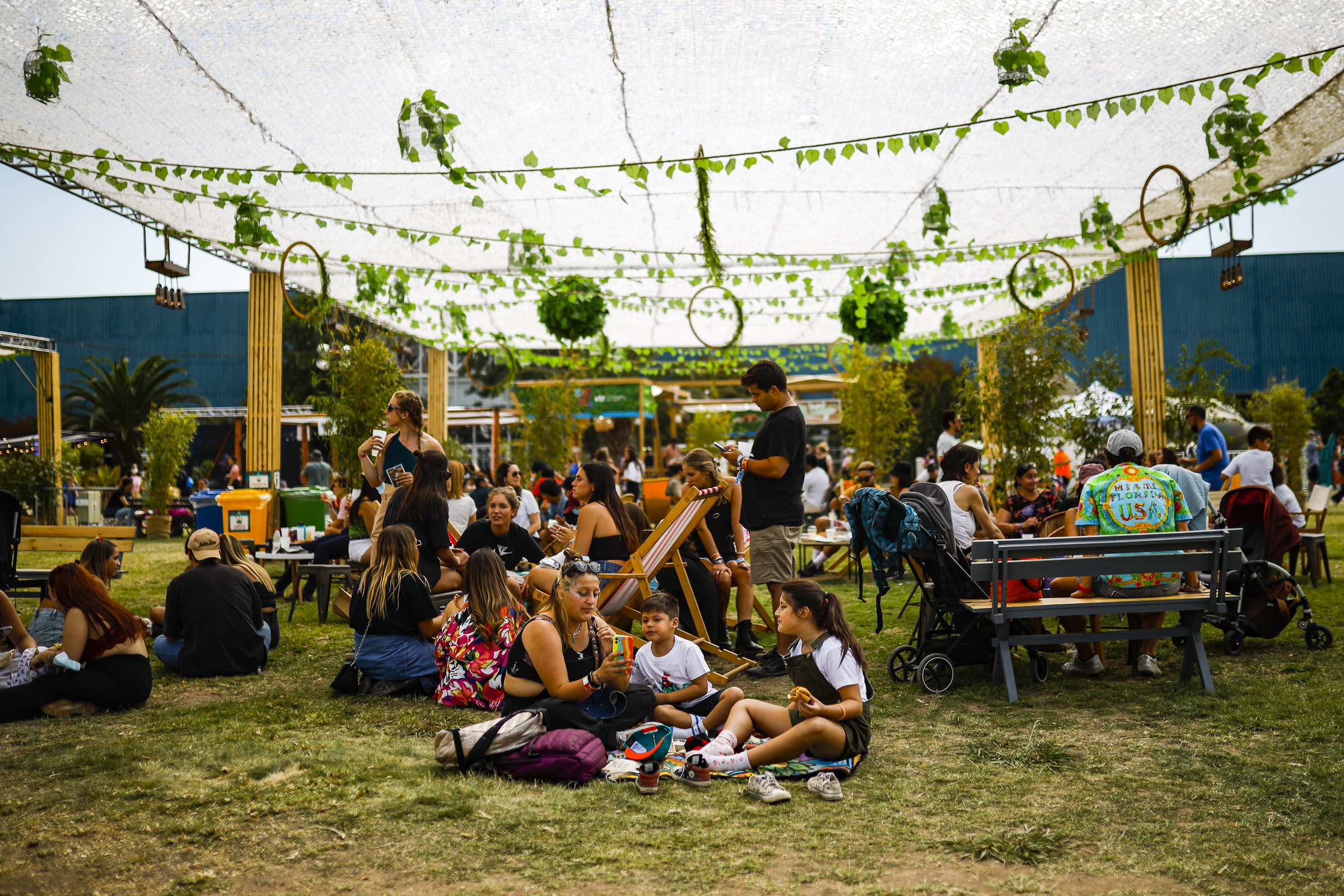4 Chilean products that measure their carbon footprint


Consuming less, repairing, reusing and recycling are actions that protect the environment and can stop climate change. Another alternative is to choose products committed to understanding their own impact on the planet, such as those that measure their own carbon footprint.
Making informed decisions when consuming products is key to understanding the impact of our actions. In fact, as a quantifiable way to understand this impact, the concept “carbon footprint” is used.
It is an environmental indicator that reflects the amount of greenhouse gases (GHG) produced by human economic and daily activities. For this reason, knowing this number (which is expressed in tons of CO2 emitted) can help people become aware and take initiatives to reduce it as much as possible. A measure that is strictly related to the person’s lifestyle. Our transportation system or how we wash clothes at home are two examples of actions that emit gases which accelerate the warming of the planet. That is why decarbonization through the neutralization of the carbon footprint is so important.
When we talk about the carbon footprint of a product, it refers to the greenhouse gases emitted before, during and after its useful life. And contamination can occur in processes ranging from obtaining raw materials, processing, production and distribution, to their use and subsequent recycling or disposal.
Events such as concerts, sports competitions and shows, to name a few, also generate a significant carbon footprint through elements such as energy consumption, trash generated and transportation, to name a few. For this reason, when products or events measure their footprint, they demonstrate their commitment to caring for the planet. These are four national products aware that action against climate change is everyone’s task.
Moving towards the goal of Zero Carbon Emissions by 2050, Gran Reserva began measuring its carbon footprint in 2007 through the Greenhouse Gas Protocol (GHG) methodology, to identify potential reductions. Since then, the measurement of its footprint also incorporates the emissions of its suppliers, committing to the entire manufacturing process. Thus, since 2017 Gran Reserva has managed to reduce its carbon footprint by 34%, reinforcing its sustainability mission, which includes its label made of 100% recycled paper, while the boxes in which they are transported are also made of 100% recycled cardboard. Actions that demonstrate their commitment to making great wines while protecting natural resources.

They define themselves as “radically sustainable glasses” and sure they are. Well, not only are they made with traceable recycled materials, but when you buy them you also know that you are emitting less than half as much as a common industry glasses, thanks to the fact that they have measured and made transparent the carbon footprint of each of their products. This is the great idea of Karün, a group of people passionate about doing things differently, located in Chilean Patagonia, who created these high-quality glasses that can serve as a symbol of change. In addition to the model you can also decide the carbon footprint, which on average is 1.69 KGCO2e. It is a combination between fashion and sustainability that seeks to set an example in the eyewear industry. Available at www.anteojoskarun.cl

Another Chilean product that carries a message of protection and respect for planet Earth are the Austerra jockeys. That, nothing more and nothing less, “is the most sustainable jockey in the world, made by hand, with recycled materials, and with its CO2 footprint traced and compensated.” Their materials are plastic and metals collected from dumps that they process and transform into a new raw material. In addition to organic cotton fabrics that they rescue from discards from other factories. Which are assembled with the energy of two hands and a sewing machine. The result is a jockey with a reduced and transparent carbon footprint: 510 grams of CO2 per jockey. To know more about this product you can visit www.austerra.org

Seeking to generate its contribution, one of the most important music festivals in Chile, Lollapalooza, is also taking steps to be carbon neutral. With their own sustainability policy, last year they measured the festival’s carbon footprint (production team, artists and event audience) and managed to offset 700tons of CO2 in reforestation. They also recycled 23 tons of garbage, and the implementation of the Green Village scenario was powered for 3 days with solar energy, avoiding the consumption of 260 liters of oil. In its next version scheduled for March 15, 16 and 17, 2024 in Parque Cerrillos, they want to go further and achieve more demanding goals. More information at https://lollapaloozacl.com/sostenibilidad/

We comply with the highest standards of verified social and environmental performance, transparency, and legal responsibility to balance benefit and purpose.
We adopt an Impact Business Model, creating beneficial links between business, community, and environment.
The Gran Reserva vineyards are an important part of the project to conserve native forest areas and protect local biodiversity. Our native forests have the ability to retain rainwater and control the kind of climate change that results from water shortages.
We take care of 1,432 hectares of protected forests and, on average per vineyard, a total of 105 species of fauna and 48 species of registered flora.
Our effort to preserve nature begins with responsible water consumption. 99% of the water we use comes from surface and subterranean sources.
Our vineyards are drip irrigated, which translates to a 90% efficiency on water consumption, and over the past 3 years, we’ve reduced our water footprint by 10%.
All of our winemaking processes require the use of energy. Our choice to invest in clean, renewable energy reflects our desire to co-create a sustainable planet for the future.
100% of the electricity used to make the wines in the Gran Reserva collection come from renewable sources, including solar energy.
Concha y Toro has been certified under the Wines of Chile Sustainability Code since 2012, which means that our vineyards are officially recognized as sustainable vineyards.
The wines in our Gran Reserva collection are crafted entirely from estate-owned grapes in sustainably managed vineyards.